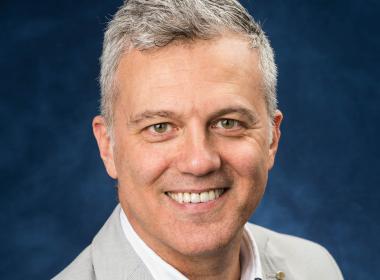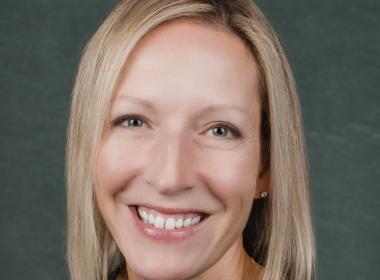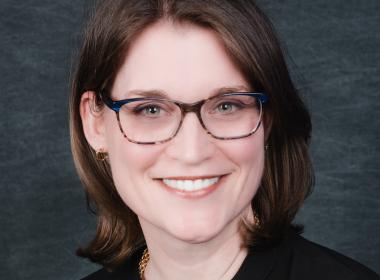
Article
Returning to Sports After a Break? Here's What to Know This article was last updated in December 2023. Getting back on the field (or rink, track, court or wherever) after months off comes with a risk of injury. Overuse injuries can occur in any sport – from “Little League Elbow” to back issues to ACL tears and ankle sprains. "

Doctor
Basia Adams, APRN Co-Director, Office of Advanced Practice Providers
- Specialties
- Hospital Medicine
